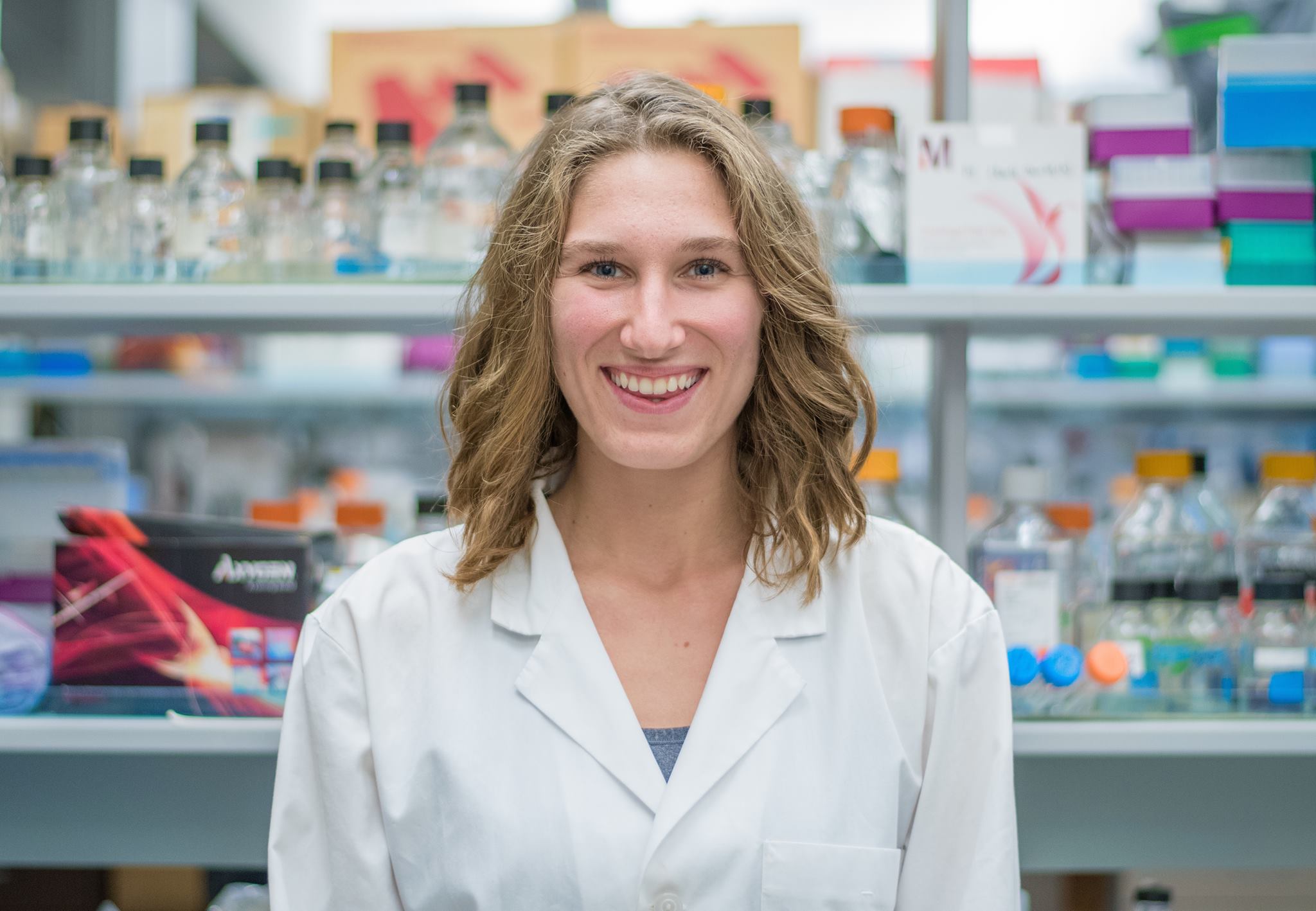Isobel Mouat
In addition to learning discipline-specific science content, it is important that undergraduate science students learn what science is and how it is done. In particular, students need to grapple with the context-dependence of science: how context influences the questions that are asked, how they are framed, and how results are interpreted.
Research description
In addition to learning discipline-specific science content, it is important that undergraduate science students learn what science is and how it is done. In particular, students need to grapple with the context-dependence of science: how context influences the questions that are asked, how they are framed, and how results are interpreted. This is essential for preparing them to engage with science in academic, personal, democratic, and cultural realms. SCIE113, a discussion-based seminar-style course for first year science students, provides an opportunity to develop a foundational understanding of how context impacts science. In the first week of the course students play a card exchange game where they trade, discuss, and reflect on cards. Each card has a claim about science, such as “scientific knowledge is always objective” and “scientific questions, methods and results are always influenced by politics and culture.” This activity encourages students to begin grappling with science as a complex and nuanced process and topics reflected in the claims are re-visited throughout the course. In the final week of the term student’s complete activities to evaluate how their perceptions of science have changed during the course. We are using data from the card exchange game to examine how student perceptions of science change throughout the course. The findings will be used to improve course content and will be presented and published to share with the broader education community. In addition to this project I am completing my Immunology PhD. For my immunology research I study how the viral infection Epstein-Barr virus contributes to the autoimmune disease’s multiple sclerosis and rheumatoid arthritis.
What does being a Public Scholar mean?
Being a public scholar means that I can work to actively improve the educational experience of undergraduates at UBC. The first year of university is a formative time for many students and conducting research on how best to engage first year science students in the intricacies of science is something that I am passionate about. Being a public scholar also means that I will be prepared for an interdisciplinary and evolving educational system. This program will allow me to come out of my PhD with a variety of experiences, skills, and connections that otherwise would not have been possible.
In what ways do you think the PhD experience can be re-imagined with this Initiative?
With the Public Scholar’s Initiative, work that many PhD students would have done off the side of our desks is now given a legitimate place. Interesting and impactful projects that would have fallen between the cracks because they do not fit neatly into a specific department are given the support they need to flourish. Because of this, the Public Scholar’s Initiative is helping to redefine what is seen as scientific outputs, and consequently what is seen as success within academia.
How do you envision connecting your PhD work with broader career possibilities?
I believe the most successful science professors are those with passion for both science and teaching, and experience and knowledge in both disciplines. The ability to pursue both science and teaching research concurrently during my PhD will prepare me for a future career in which I will need to be able to excel at both.
How does your research engage with the larger community and social partners?
The course in which this project is based, SCIE113, reaches hundreds of students per year. However, I hope that the project’s reach is further than that. Scholarship of Teaching and Learning research coming out of the course is presented and published, and thus contributes to the international body of education knowledge. Lessons learned from the research done on SCIE113 will hopefully be implemented in classrooms across numerous universities.
Why did you decide to pursue a graduate degree?
I enjoyed learning about science in undergrad, but I wanted to learn how science is done and be part of the creation of knowledge. Working in a lab on a team of researchers actively trying to solve questions sounded just so fun.
Why did you choose to come to British Columbia and study at UBC?
The UBC Microbiology and Immunology program was just the right fit for me: I was able to join a lab doing innovative and exciting research and the department emphasizes excellence in teaching and learning. Opportunities to engage with the teaching and learning community across campus are also abundant. Living in the vibrant city of Vancouver and daily views of the mountains have certainly been a bonus of choosing UBC.
Being a public scholar means that I will be prepared for an interdisciplinary and evolving educational system. This program will allow me to come out of my PhD with a variety of experiences, skills, and connections that otherwise would not have been possible.





